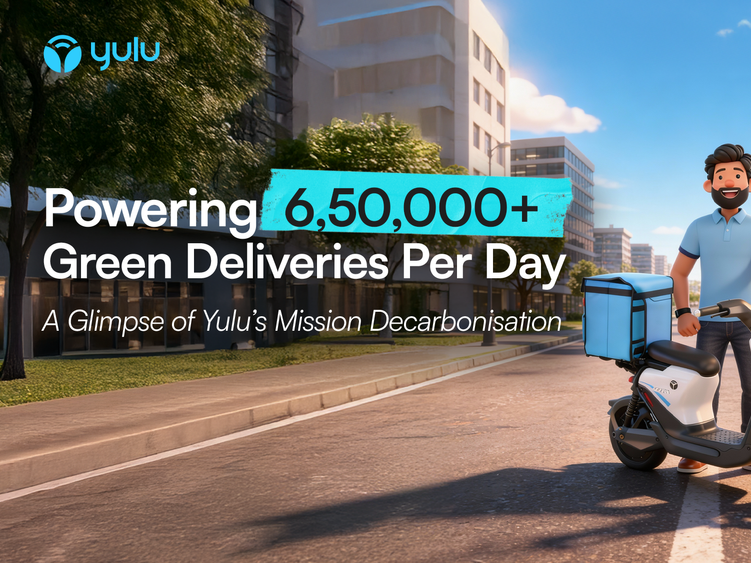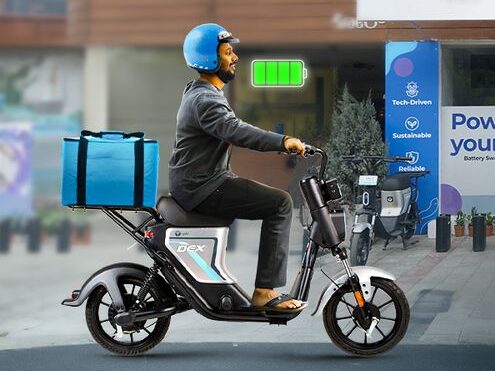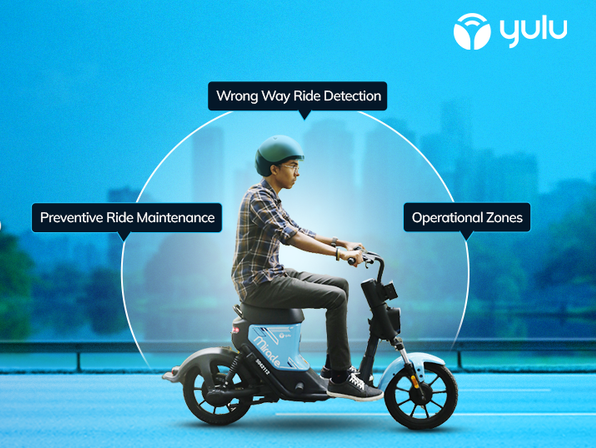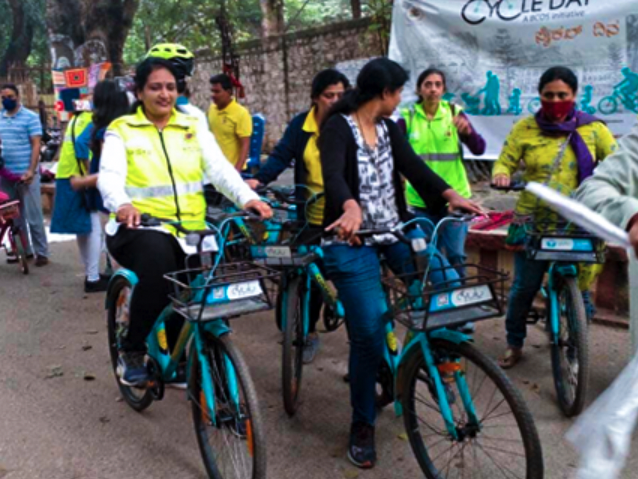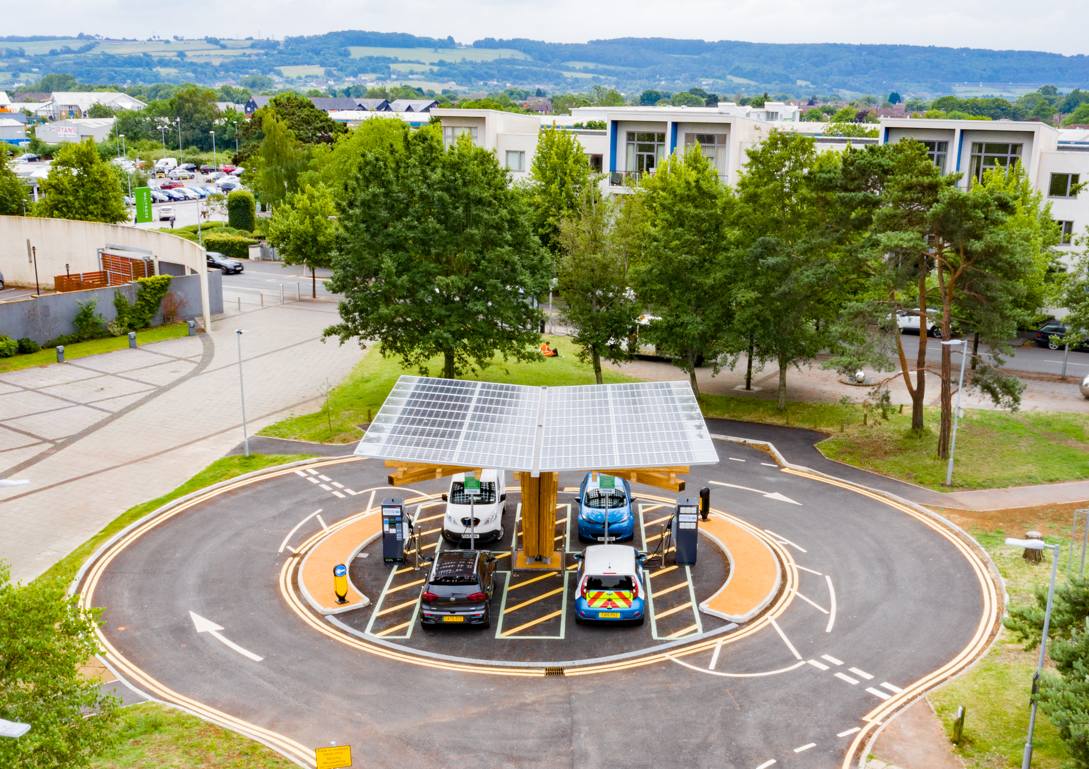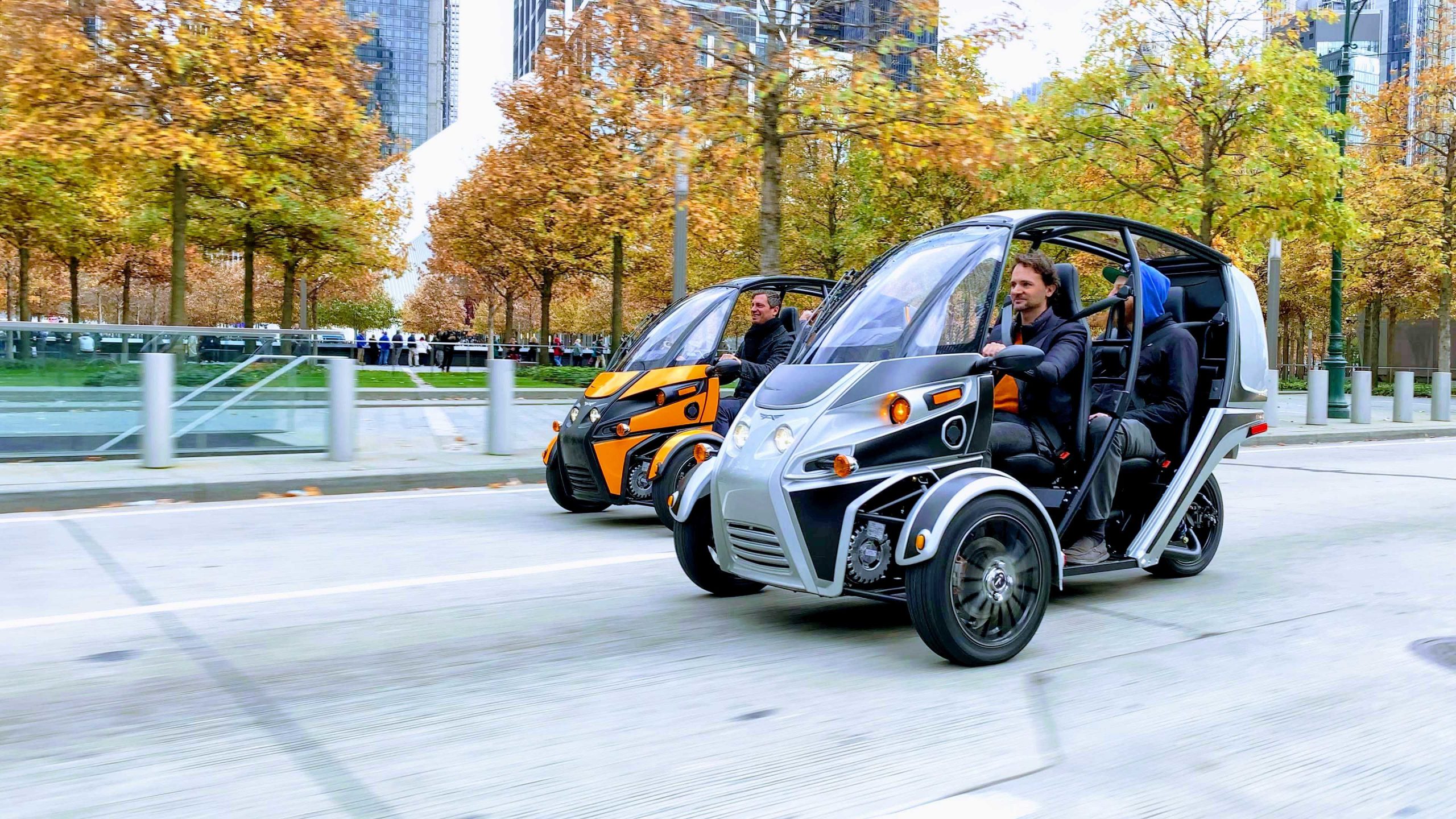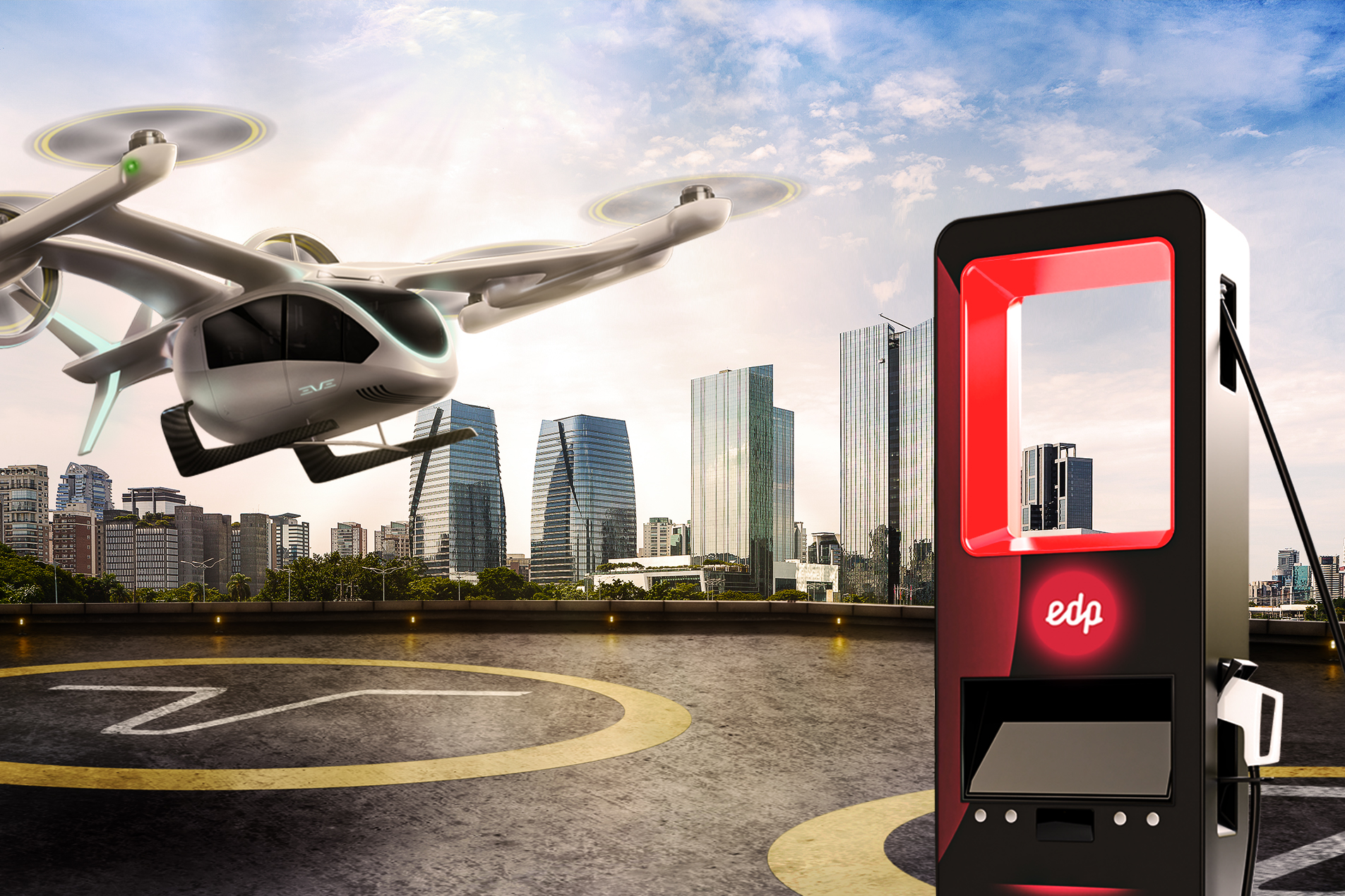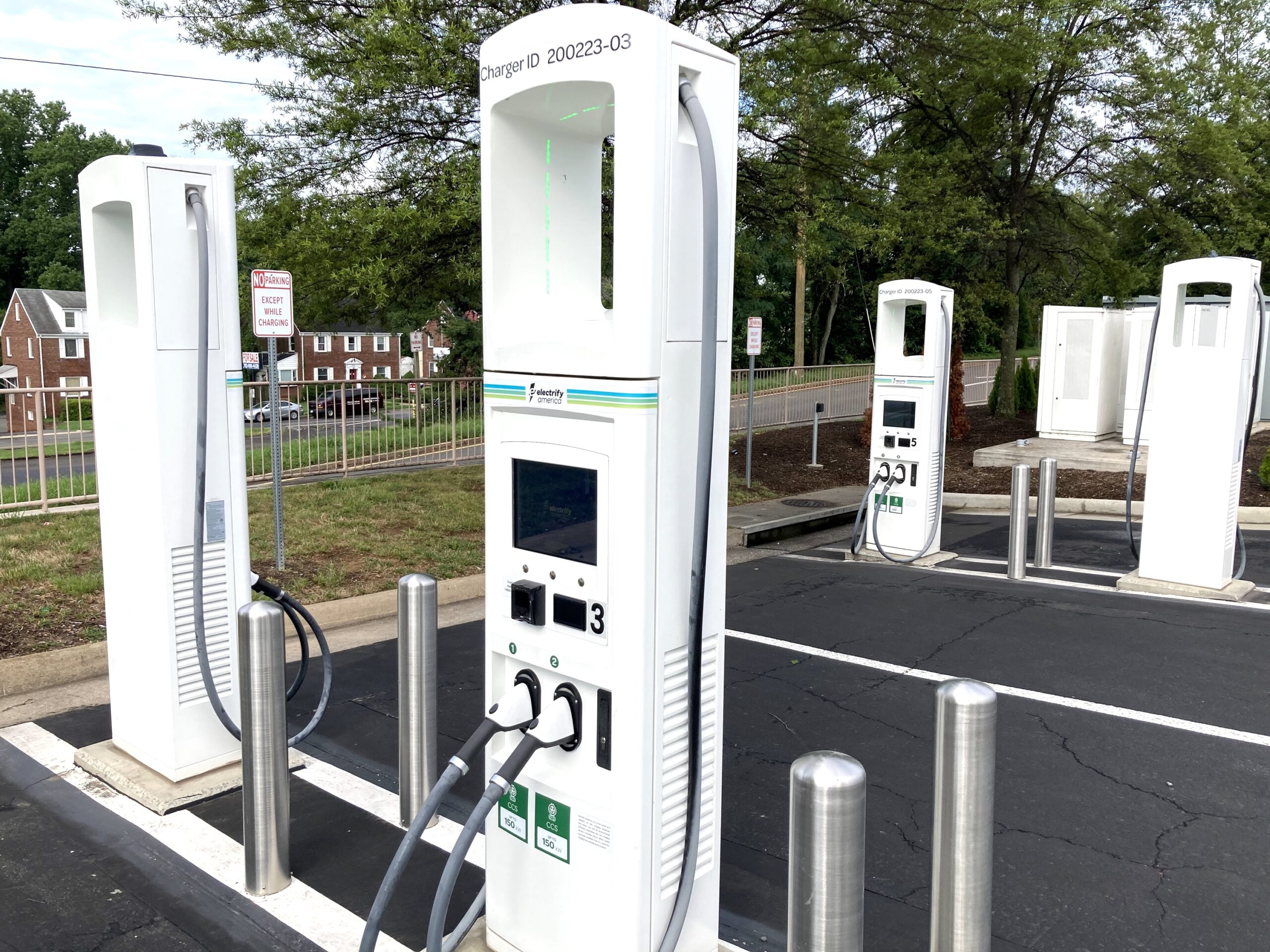Maharashtra’s New EV Policy Is the Big Push India Needed
When Yulu first began its journey in the Indian mobility space, the goal was to to reduce traffic congestion and pollution in Indian cities. But soon we realised that our dreams for Yulu were much more. Through our startup we wanted to redefine urban mobility across the country and make the daily urban commute eco friendly. At the time, our ambitions seemed grandiose and unachievable and well, way too ambitious. 4 years later, our dreams have manifested and are taking the rest of the country by storm.
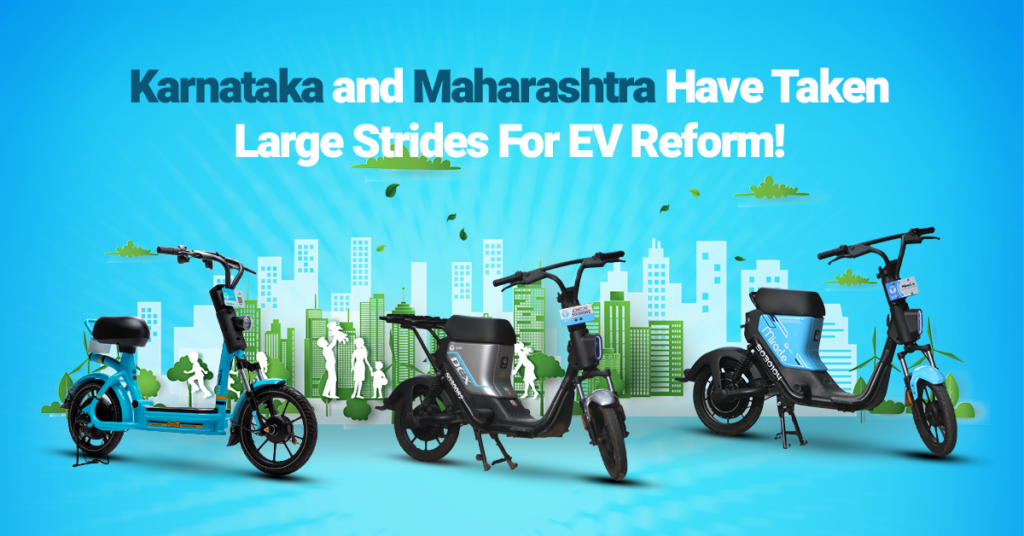
On July 13, 2021 the Maharashtra Government introduced its new Electric Vehicle Policy 2021, as the first step to achieving its goal of making the state an electric vehicle hub. A report produced in 2020 revealed that in the next decade, India would only see 10-15% penetration of electric cars in the domestic market. While electric two-wheelers were expected to have 25%-35% penetration, EVs in the four-wheelers segment were expected to remain extremely low at ~0.1%.
This analysis was reached based on many factors including the absence of adequate reserves of key raw materials required for EV batteries like lithium and cobalt, and a severe lack of EV friendly infrastructure in the country.
However, over the last year, as many as 13 states have approved or notified dedicated policies to promote the adoption of electric vehicles.
The new policy in Maharashtra is a revision of the state’s EV Policy of 2018, and aims to incentivize early adopters of electric vehicles in the state and create a market buzz-promise to fast-track the shift to electric.
Under the new Rs. 930 crore policy, the state aims to convert 10% of their overall vehicle registrations to EVs by 2025. The policy proposes an attractive package for demand creation and provides aggressive incentives to EV buyers, including buy-back and early bird offers.
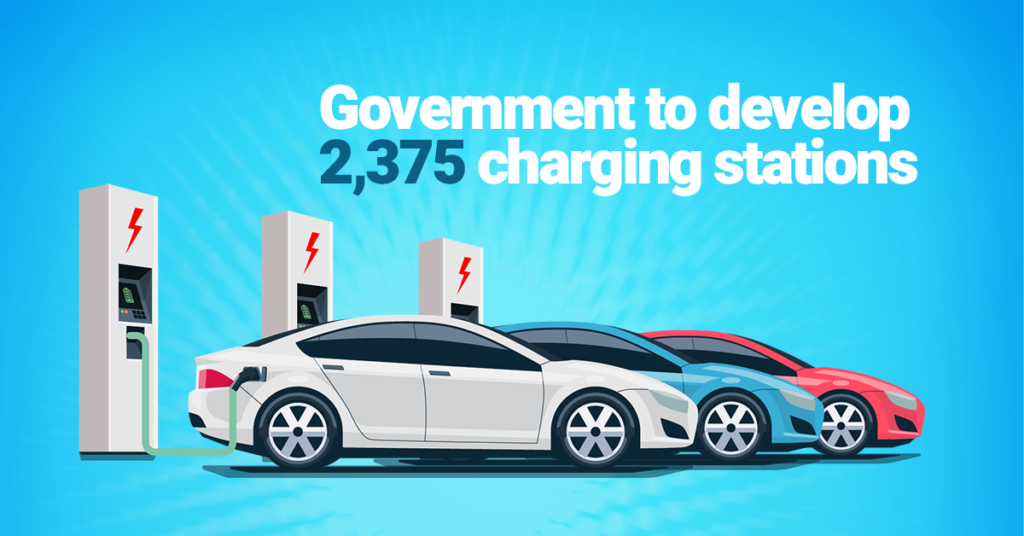
The policy also lays much-needed focus on the development of charging infrastructure by providing higher incentives to operators that install EV charging points and to builders that host chargers, in the form of property tax rebates. Some key characteristics of the new policy include helping at least 25 percent of the state’s bus fleet, operated by the fleet aggregators in the state to switch to EVs by 2025, and conversion of all new government vehicles to electric.
The holistic approach that the government policy takes also offers supply side incentives to attract investment for EV manufacturing and their components, including a push for Lithium battery cells production.
At Yulu, we yearn for a seamless, electric, and sustainable future and this new progressive approach taken by the government promises to create a conducive ecosystem for our vision. We hope to see many more states adopt policies on similar lines and help India inch towards the dawn of the electric age that we’d like to see coming.
This article was originally published by Yulu Bikes Pvt Ltd.





